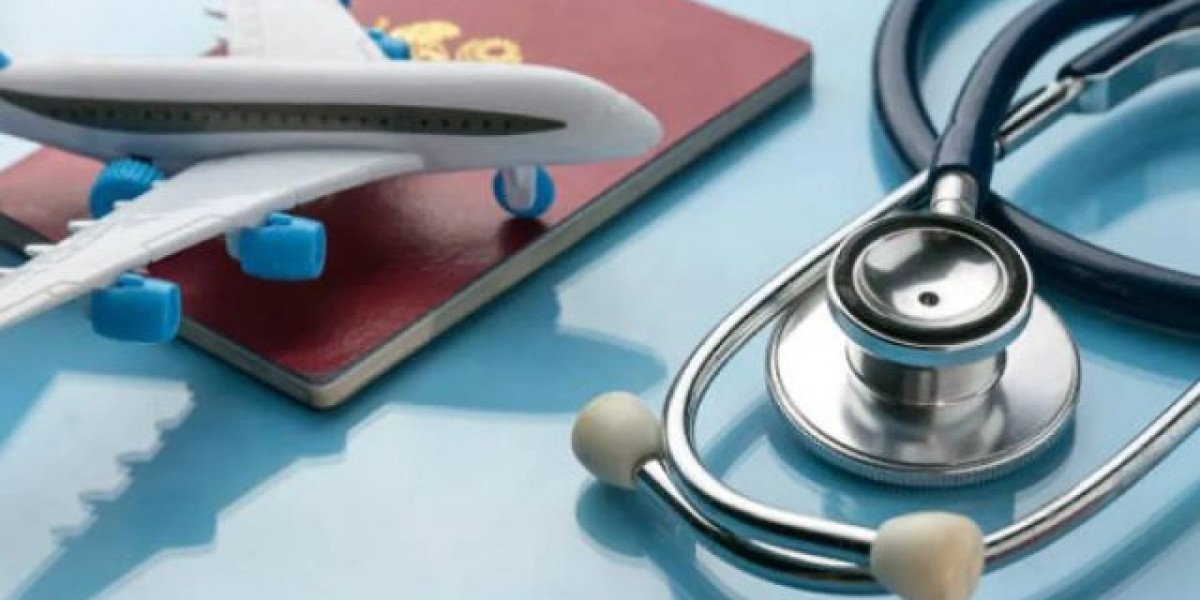As an emerging industry that has been developed in over 70 countries around the world, Medical Tourism has not yet been fully understood by domestic consumers. There are even some misunderstandings that directly equate it with sheep embryo hormone. In fact, the prototype of travel originated from the need for medical and health care. In the past, European nobles regularly went to the seaside, hot springs and valleys for convalescence and rehabilitation, using natural therapy to nourish their bodies. In modern times, medical travel has become a huge industry worldwide, and the World Tourism Organization also has a clear classification of medical travel in its definition.
Looking at the world, currently Medical Tourism mainly meets the needs of two types of people: On the one hand, patients in countries with high medical costs such as the United States and the United Kingdom seek medical resources in countries with lower prices and more reliable technology. Currently, Costa Rica, Brazil, Spain, Hungary, Turkey in Europe, and India, Thailand, Malaysia in Asia are quite popular. Another option is for wealthy individuals from developing countries such as China to travel to countries with higher medical standards like Europe, America, Japan, South Korea and Australia in search of more advanced medical services, or to choose cutting-edge technological means for themselves to maintain their energy and vitality.
Most of them are business owners who have achieved career success through self-struggle, or senior executives of large enterprises. Among them, there are even some people on the Forbes list. Therefore, compared with the purpose of saving costs for the first type of demanders, the demanders of China Medical Tourism are often people who pursue self-worth and have a more advanced awareness. They pay more attention to the balance of their living conditions and are willing to invest time and energy in health. Besides addressing some Medical needs, Medical Tourism is more regarded by them as a lifestyle to improve their physical condition.
Medical travel not only helps specific groups of people find better medical services, but also effectively solves the allocation problem of some domestic medical resources. Ultimately, however, medical care is a serious and cautious matter. Even for top overseas medical institutions with guaranteed medical standards, due to the non-standardization of patients' physical conditions and medical treatment situations, there are issues such as language, cultural differences between China and the West, choice of medical institutions, and the design of travel plans for medical cooperation. Professionals with medical and cross-cultural backgrounds are also needed to identify, select and design with their rich experience.
As the Chinese Medical Tourism market began with receiving sheep embryonin injections in Switzerland, numerous institutions emerged in a few years, making it difficult for the public to distinguish the advantages and disadvantages among them. This is why most people equate Medical Tourism with sheep embryonin. In fact, Medical Tourism professional institutions should play the role of advisors. Externally, they need to be familiar with the medical conditions of various countries, the technologically leading countries and institutions in various fields, and even the latest medical technology developments in the world at present. Internally, they need to understand the disease needs, medical treatment habits, overseas travel and living preferences of the Chinese population, etc. Then, based on professional accumulation, the most suitable suggestions are made, supplemented by high-end private and personalized services. This poses extremely high requirements for Medical Tourism institutions, far from being as simple as understanding a technology.
What are some common misconceptions about medical tourism https://www.medicaltourismbiz.com/faq/27.html








